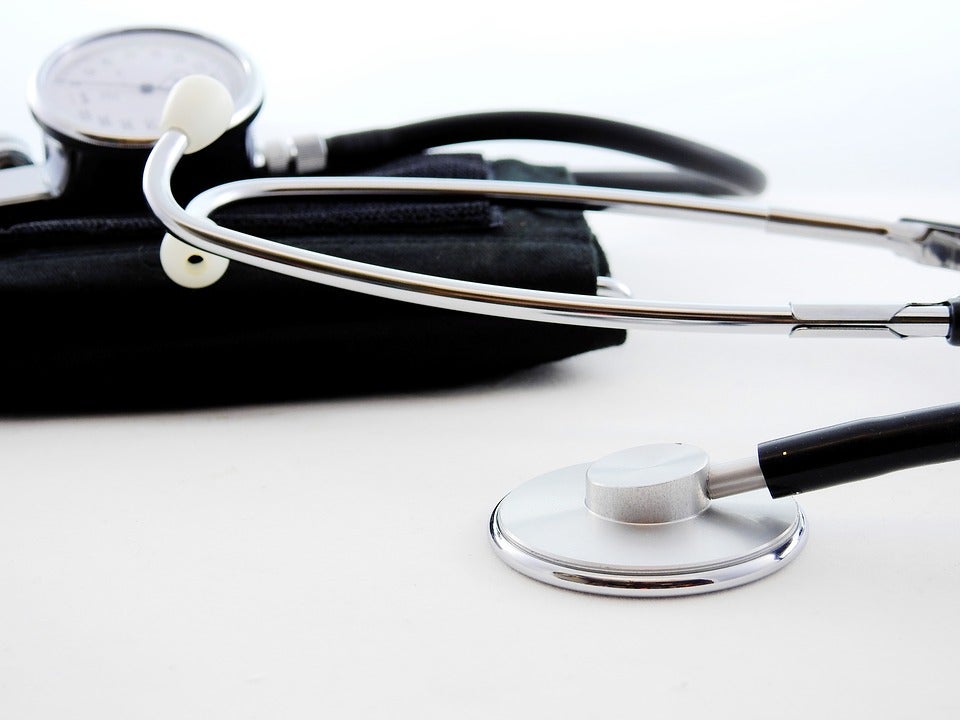My dad didn’t have to die from bladder cancer, but he still did
Published 10:27 am Wednesday, November 2, 2016
No-Shave November is upon us, an annual campaign where men (and women) spread cancer awareness by letting their hair grow naturally without trimming, shaving or waxing all month long.
It’s an amusing feat to watch so many of my friends participate year after year, all trying to out-Instagram each other with who has the most impressive beard or mustache by the end of the month. But the purpose behind it, to raise cancer awareness, is a cause that is much-needed — not only for fundraising but also in monitoring our own health.
Until it steals someone you love, cancer lives at a distance. We know the risk factors and warning signs and many of us have probably donated to the American Cancer Society or other cancer-related cause over the course of our lives.
Watching someone die from a type of cancer that might have been preventable with healthier habits or caught earlier with regular check-ups is something I wouldn’t wish on anyone.
My daddy was a modern-day John Wayne: tough as nails with plenty of attitude to boot. He also smoked two packs a day for 50-plus years. He never went to the doctor, humorously citing his strength as the ultimate cure, and was never too concerned about what he ate until he developed a belly in his 50s.
When years of persistent pain finally forced him to a doctor — an emergency room, in fact — back in 2012, the news was grim, yet admittedly unsurprising.
I’ve replayed in my mind certain moments of my life with him trying to figure out what I should have done differently. What could I have done to persuade him to see a doctor or develop better habits long before the day he was diagnosed with advanced bladder cancer, a disease that mostly affects older white male smokers?
The truth is, outside of physically dragging him, that man wasn’t going to do anything he didn’t want to do. Quitting smoking was out of the question, too. Most of my memories of his hardheadedness are lighthearted as it was his most distinctive trait. But that stubborn mindset also helped him reach the fourth stage of a disease that could have been treated early on had he been checked out earlier, potentially increasing his chance of survival beyond the two years he lived after his diagnosis.
My son was six months old the day Dad was told there was nothing else they could do. He fell apart, begging the doctor to somehow find a way to give him just a few more years to be around his first grandchild, long enough so maybe he’d remember him.
Two weeks after my son’s first birthday, he was gone.
It steals my breath when I remind myself it was only when directly faced with the end of his life that my father suddenly understood why we spent so many years begging him to care about his own health.
And by then, it was too late.
It’s taken two years to finally say out loud there’s a good chance my dad would be alive today if he had cared more about his health, but the hard truth is he took care of everyone but himself. To me, he was invincible, even at the end of his life. But he wasn’t. None of us are. We’re human. And our lives are much too precious to take for granted.
This November, regardless of whether you ignore your razor for a good cause, let’s all take steps to do better. Kick an unhealthy habit. Exercise more. Drop our excuses for skipping regular checkups.
It’s not a guarantee we’ll escape the grips of disease. But better to do all we can now than reach the end of our lives regretting the things we ignored.






